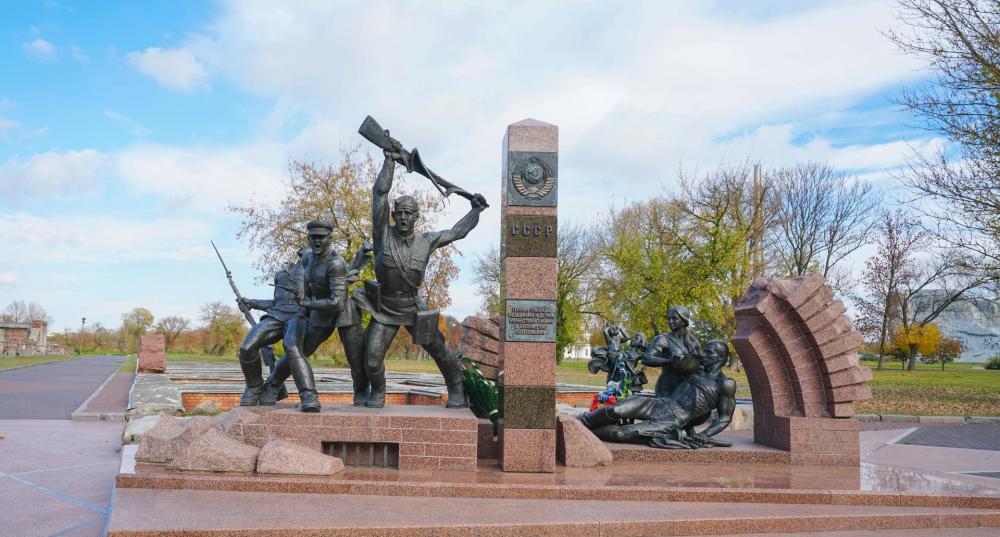"This Crucified Country" was written by Harvard University President Foster, and the book won the Bancroft Prize, the highest award in American historiography, and occupies an important position in American history.

In this book, showing the psychological and social development of people before and after the American Civil War, the author describes countless personal experiences, using these personal experiences to render racial issues and justice issues, and then rise to the height of the entire country, rendering a dangerous and sad atmosphere, giving people a sense of solemnity.
In this book, the author also illustrates a long-standing problem. Many Catholic peoples and nations insisted on killing when war came. Taking the American Civil War as an example, when the vast majority of soldiers on both the North and the South embraced Christianity, but in the Christian Bible they opposed killing.
The contradiction between religion and war can be further interpreted as the contradiction between "killing" and "repaying the country with one's own body."
Killing was clearly against biblical law, but during the Civil War (American Civil War), Christian priests portrayed the principle that killing was not approved by God, but that a war of justice and defense exempted from the discipline of killing. Under these conditions, the armies of the North and the South kill under what they see as justice and make God their spiritual trust. Both sides seek religious "justice" in the war and give themselves psychological comfort with "justice", thus achieving the result of "legitimization of violence".
However, the concept of "legalization" is not very appropriate, and it may be called "rationalization of violence" here. After all, "justice" is only the reason for the two sides of the war to shape the public opinion of the war, which has a subjective nature, and "reasonable" is more in line with this relatively subjective color, and can also refer to the doctrine of Christianity. However, the rationality of this killing was only defined by some priests in the war environment at that time, and could not be recognized by all Christian believers.
Thus even when killing was in line with Christian doctrine in the eyes of the participants in the war, in the eyes of some outsiders (including future generations), the participants in these wars still "lost their humanity." That is to say, war is still contrary to the Bible in the eyes of some Christian believers, and to think that war is justified is nothing but self-deception.
In the American Civil War, the killing unleashed the spirit and the most primitive barbarism of the people. It places people under such great repression that they produce psychological numbness and deformity, or barbaric returns. War distorts human nature and allows human nature to be fully displayed and vented, while the progress of combat equipment and technology continues to deepen the fierceness of war.
From the perspective of future generations, the act of war undoubtedly deviates from the original ideals of the Bible, and the priests' cover-up of war is an effort to shape the justice of war. By covering up the war, soldiers can also have the belief in fighting, so as to gain a greater advantage.
In the book, Forrest criticizes war as a "way of being that goes against human nature and deviates from civilization."
Under the public's fear and antipathy to war, a norm has been formed that the participants in the war must find justice for themselves. Perhaps the two sides of the war initially sought justice only as a pretext, but in the course of the war, this shaped justice quickly assimilated into their own hearts, believing that their actions were indeed just. This "justice" exists throughout the war, as a tool for self-consolation and recognition.
War is heavy, and even if the belligerents shape their own justice in the war, they cannot hide the essence of war.
In the eyes of war participants, war is not at odds with the Bible. In the eyes of future generations, war is a departure from the spirit of the Bible.